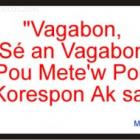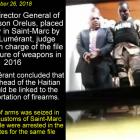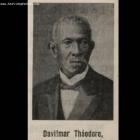ADVERTISEMENT
Photos
U.S. Ambassador Pamela Ann White distributing medicine
Here is a picture of U.S. Ambassador Pamela Ann White handing some medicine to a child in Haiti. This is part of a campaign being conducted by usaid, distributing medicine to control the spread of lymphatic filariasis and intestinal worms.
The US Ambassador was on that day at the Charles LeBosse School in Cap HaĐ--tien.
Since 2008, community volunteers and NGOs visit a variety of schools in Haiti on an annual basis to distribute medicine and shoes to fight neglected tropical diseases
This falls under the country's efforts to stomp out these endemic diseases.
Pamela Ann White, US Ambassador stationed in Haiti,
Pamela Ann White, also known as Pamela L. White, is the second woman from Maine to serve as an Ambassador for the United States, having been preceded in the post by Margaret Joy Tibbets. Her first post was as Ambassador to Gambia, to which she was appointed in November of 2010 by President Barack Obama. This was followed by her being stationed closer to home in Haiti in January of 2012. She is 65 years old.
Bois Caiman Preparation for Slave Revolt
Bois Caïman holds significance as the place where plantation slaves prepared to revolt against their owners.
A Voodoo holy man presided over a ceremony, in which a black pig was slaughtered and its blood drunk to infuse rebels with mystical powers.
Within days of the ceremony in the forest of Saint-Domingue, rebels torched plantations on the Northern Plains. They burned, plundered, and slaughtered hundreds.
The Voodoo ceremony at Bois Caïman has been recognized as the inception of the Haitian Slave Revolt.
Congolese Slaves Import Tire Mach├Ęt
Tire Machèt began as a tribal martial arts skill in the African Congo. When European invaders conquered Haiti, they began importing Congolese slaves, who brought Tire Machèt with them.
The slaves worked on plantations and finally decided to revolt against their masters. They used Tire Machèt as their weapon.
Tire Machèt has endured as a martial art due to the protection it had when Haiti became isolated from the rest of the world. Today, it is a sacred symbol of the Haitian Slave Revolt.
Haitian Army Adopts Tire Mach├Ęt as Effective Weapon
When Congolese slaves were brought to Haiti to work the plantations, they imported a tribal martial arts form, Tire Machèt.
On the eve of the Haitian Slave Revolt, Tire Machèt was resurrected as an inexpensive type of weaponry the rebel slaves could use to slaughter plantation owners.
When the Haitian Army saw the value of Tire Machèt, they quickly adopted it as a skill to be mastered in basic training.
Tire Mach├Ęt an Effective Weapon for Haitian Slaves
The Créole martial arts form, Tire Machèt, has its roots in African tribal traditions. Brought to Haiti by Congolese slaves, it gained ascendency during a period of isolation Haiti endured from the rest of the world.
Prior to the Haitian Slave Revolt, Tire Machèt became weaponry for rebels to destroy their masters' plantations. The Haitian Army adopted Tire Machèt as part of its training and it has evolved to become a modern martial arts skill imbued with sacredness.
Rules of Tipping
Tipping is an accepted practice in many countries as well as in Haiti. The food service industry has set a range of percentages it considers appropriate for the quality of service given.
A standard tip is 15% for satisfactory service, and for above average service 15%- 20%.
For large parties of eight or more people a gratuity is automatically added to the bill, usually 15%. A 10% tip is for unsatisfactory service. And if service is very poor, leave two pennies with your tip to indicate dissatisfaction.
Harrison Ernest New Deputy Director of Haiti National Radio
President Martelly appointed Dr. Harrison Ernest the new Deputy General Director of Haiti National Radio.
He is a respected talk-show host, who explores topics of current interest to Haitians. He has been praised for his fearlessness in uncovering public figures' dishonesty and ruthlessness.
He is an authoritative but unaffected radio presence. He discusses issues with listeners in an easy give-and-take. Progressive radio will be a stronger force as a result of his leadership.
Haiti Needs Private Investment for Port Development
The Haitian government wants to develop its port facilities to compete for business from Panama. Panama is currently expanding its canal to accommodate post-Panamax ships, larger and faster vessels.
Both the U.S. and Europe are preparing for Panamas' new vessels to be in operation by 2015.
Port Authority Director, Alix Celestin, convened a two-day conference in Pétionville to motivate private investors to create a maritime industry, beneficial to the economy and competitive in attracting more business from Panama.
Azure College an Elite Institution
Azure College is acknowledged as one of the foremost vocational universities in Florida. It offers curriculums in nursing, computer technology, and business degrees.
Azure is continually raising their standards to keep abreast with advancements in healthcare, Information Technology, and business processes.
Azure students are given education instruments and practical knowledge they will use in the field after graduation. Exposure to diversity on all levels, cultural, ethnic, and intellectual, produces well-rounded graduates, able to work successfully in their chosen field.

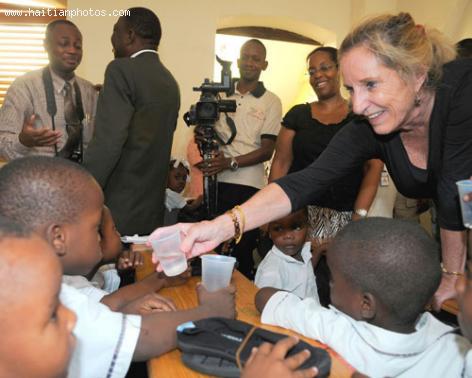

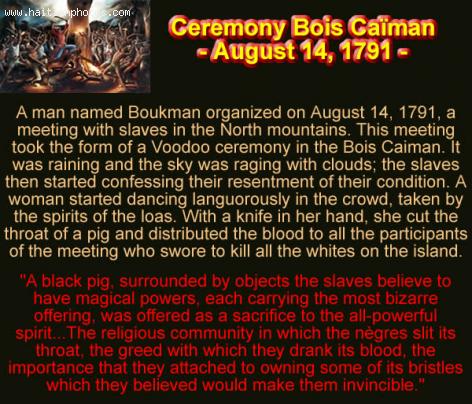
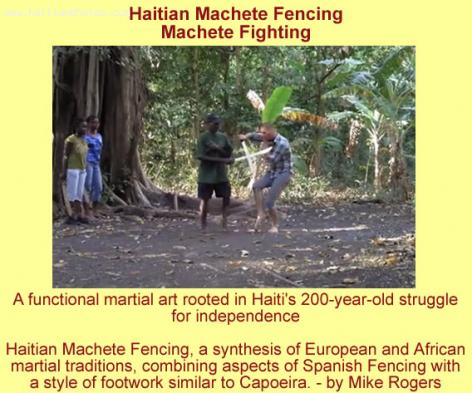
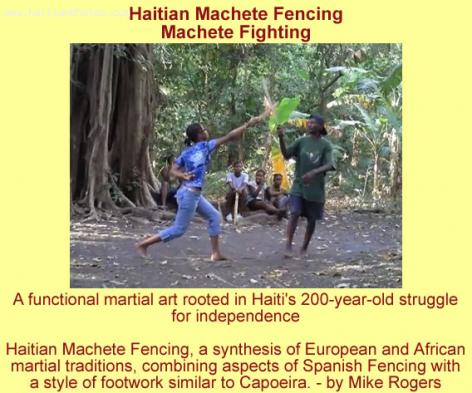
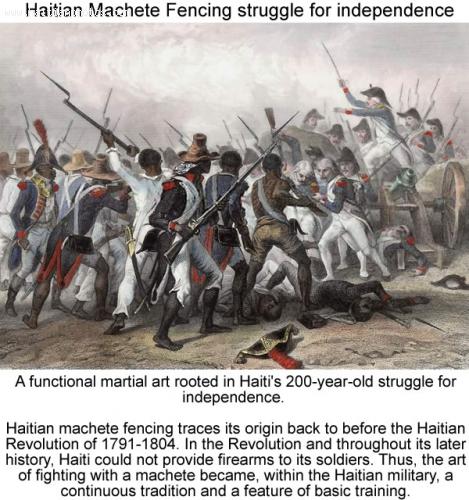
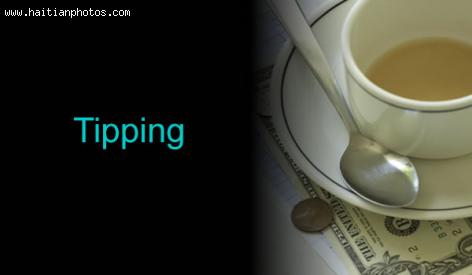
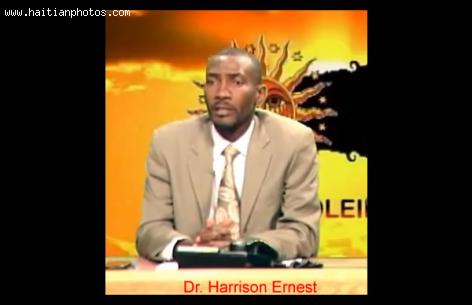


 Who will be the next president of Haiti?
Who will be the next president of Haiti?  View of road in Lumane Casimir Village
View of road in Lumane Casimir Village  Nouveau College Bird in Port-au-Prince, Haiti
Nouveau College Bird in Port-au-Prince, Haiti  Jovenel Mo├»se nominated Jean Henry C├ęant as prime minister of...
Jovenel Mo├»se nominated Jean Henry C├ęant as prime minister of... 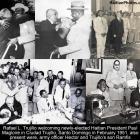 Rafael L. Trujillo welcoming Paul Magloire in Santo Domingo
Rafael L. Trujillo welcoming Paul Magloire in Santo Domingo  Meet Haitian-American professional baseball pitcher Touki...
Meet Haitian-American professional baseball pitcher Touki...  Port-au-Prince on fire over gas prices hike
Port-au-Prince on fire over gas prices hike  Haitiano-Japanese Naomi Osaka wins the US Open against Serena...
Haitiano-Japanese Naomi Osaka wins the US Open against Serena... 